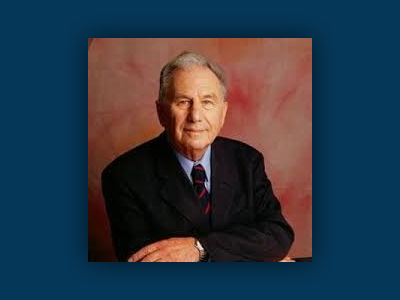
March 17, 1992
Failing to agree on a written constitution in the early years of the state, the Knesset reached a compromise to draft a series of Basic Laws that would eventually form a final constitution. The first eight of these laws, which were all passed between 1958 and 1988, deal mainly with the organization of the government. These laws outline the duties of the Knesset and other government officials as well as the Israel Defense Forces. There is a Basic Law that stresses the relationship between the people of Israel and the Land of Israel which outlines rules of ownership transfers of publicly owned lands. Another Basic Law establishes Jerusalem as Israel’s capital and ensures the protection of the city’s holy places.
Despite periodic attempts and debates to enact a Basic Law that dealt with protecting human rights, something that is common to most constitutions, there were usually disagreements over some of the provisions that prevented it from being passed. Opposition usually came from the ultra-Orthodox, who were worried that certain rights and freedoms, if protected by a Basic Law, would come into conflict with Jewish law. For example, freedom of speech and expression has different limits under Jewish law than it would if protected as a civil liberty. Jewish law prohibits certain types of actions that most modern democracies would consider protected as free speech, such as blasphemy, gossip and the publication of things that Judaism would consider obscene or immodest. The ultra-Orthodox were also fearful about losing their power over Jewish life-cycle events like marriage and divorce, if certain civil liberties were expanded.
In the early 1990s, the Israeli political system underwent a series of reforms following a period of political corruption highlighted by a vote of no confidence which dissolved the government. These reforms included changes to the Basic Laws.
The Basic Law: Human Dignity and Liberty declares that the basic human rights in Israel are based on recognition of the value of individuals, the sanctity of life and freedom. When he submitted the bill to the Knesset, Amnon Rubinstein argued, “The Jewish people have a long and continuing love affair with Human Rights. When, in 1789, the French National Assembly declared in words which still echo today that ‘all men were born and remain free and equal in their rights,’ the Jews felt directly connected to this event. First, in the Jewish Diaspora a recognition took root that revolutionary France grants a new meaning to the old Jewish credo that all human beings were created in God’s image, and secondly, that this declaration opened up a new gate, a new dawn of equal rights for Jews. From then on, Jews have been champions of Human Rights.” (Amnon Rubinstein, Israel’s Partial Constitution, 2009).
